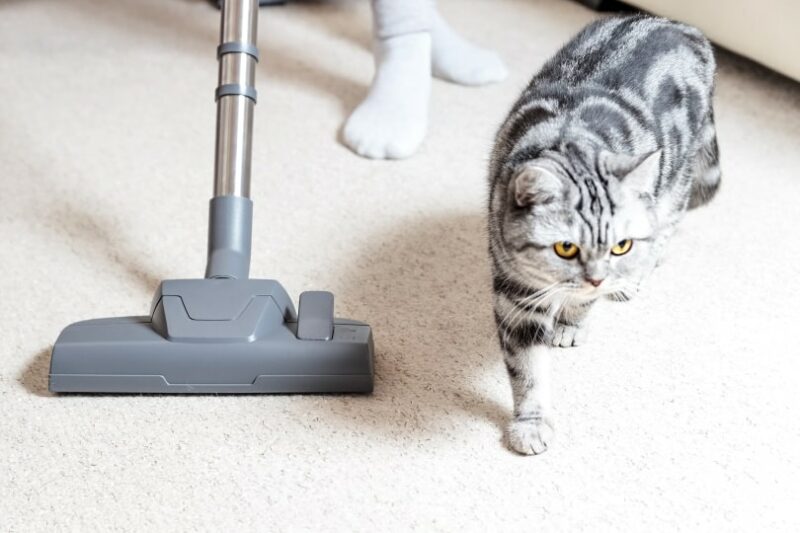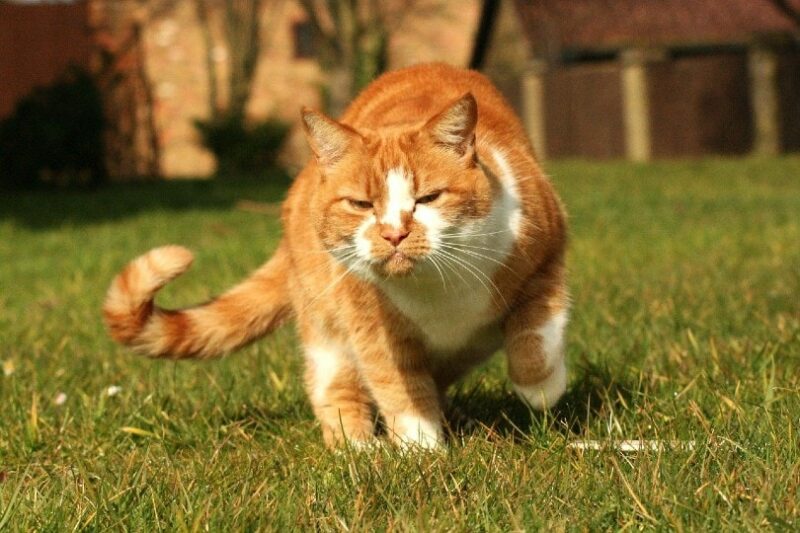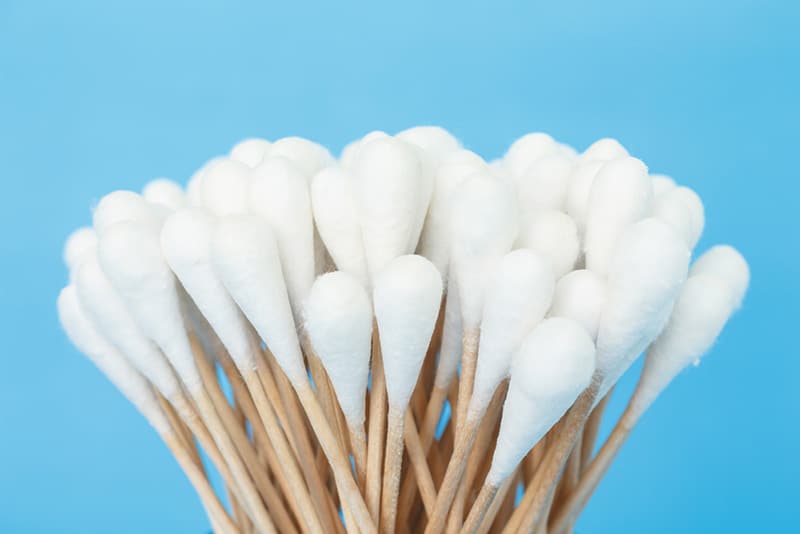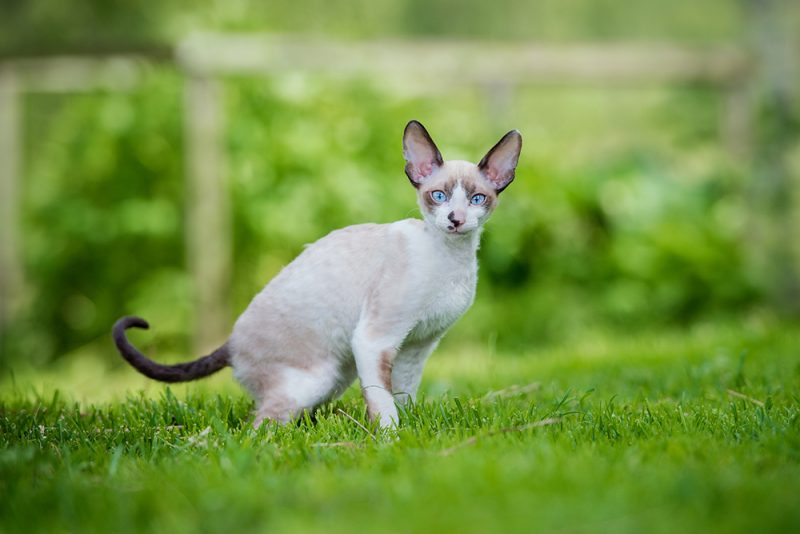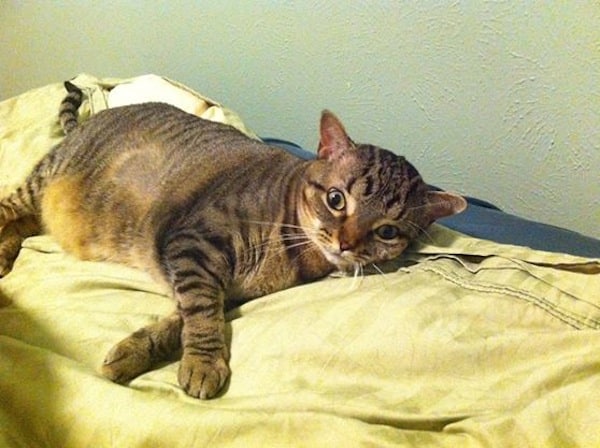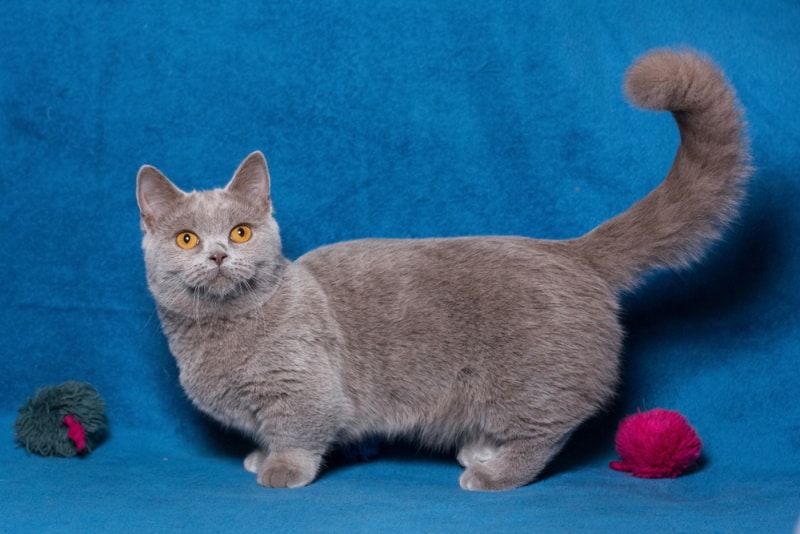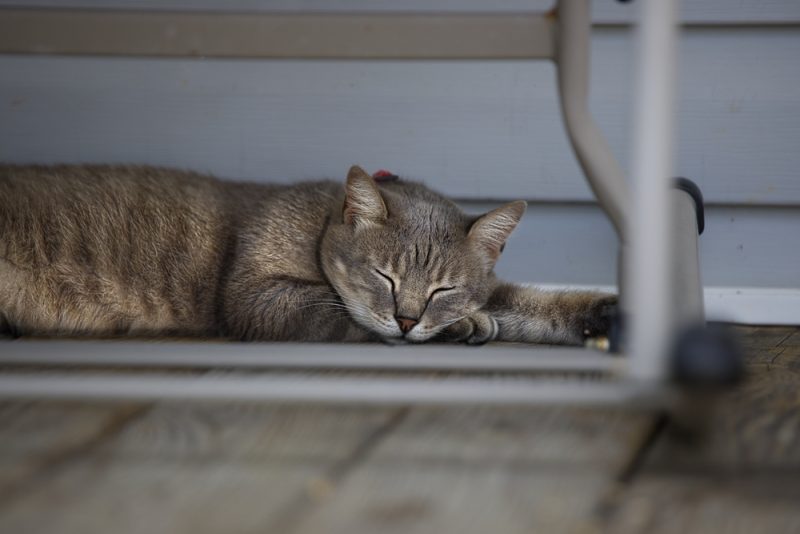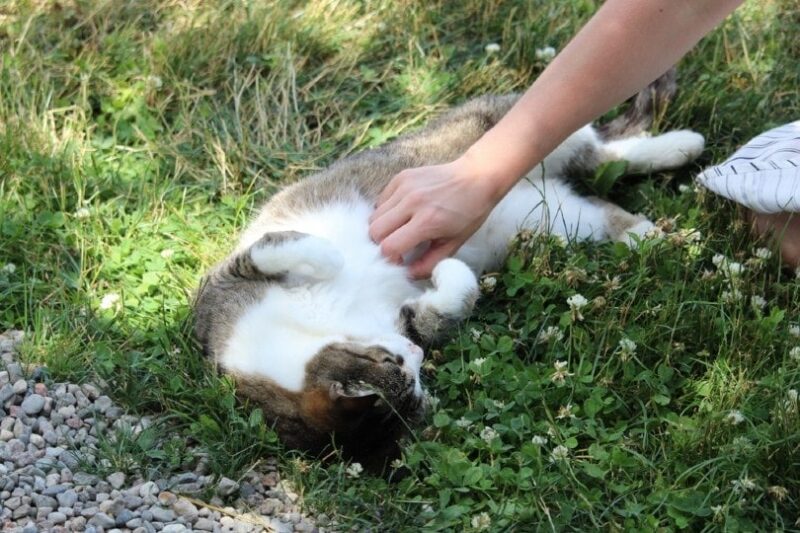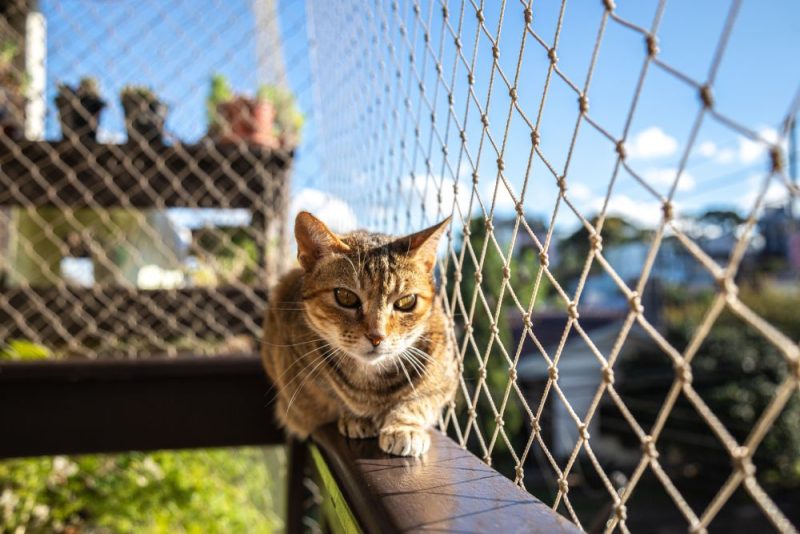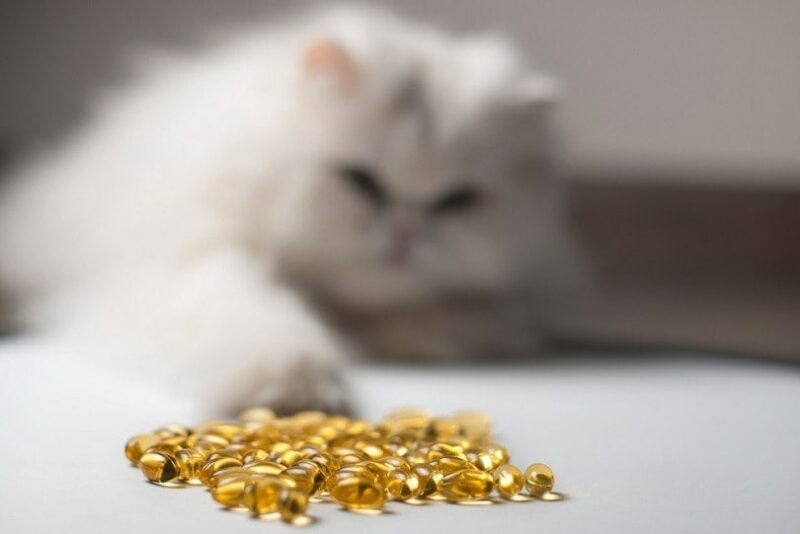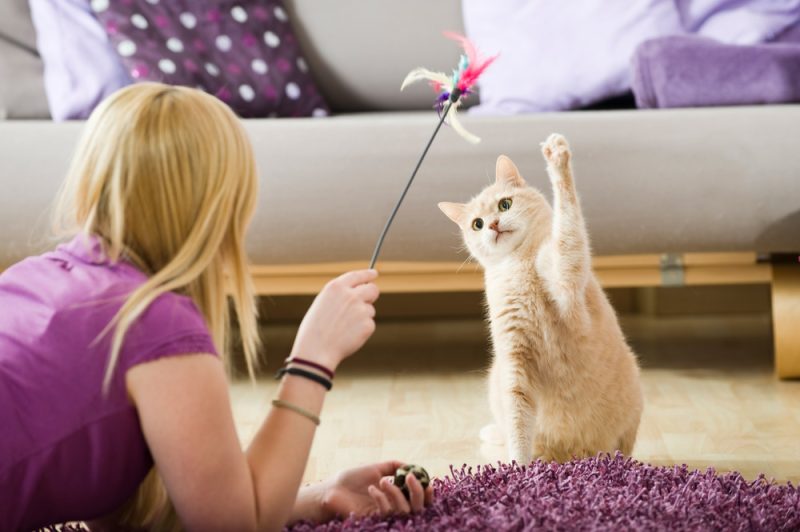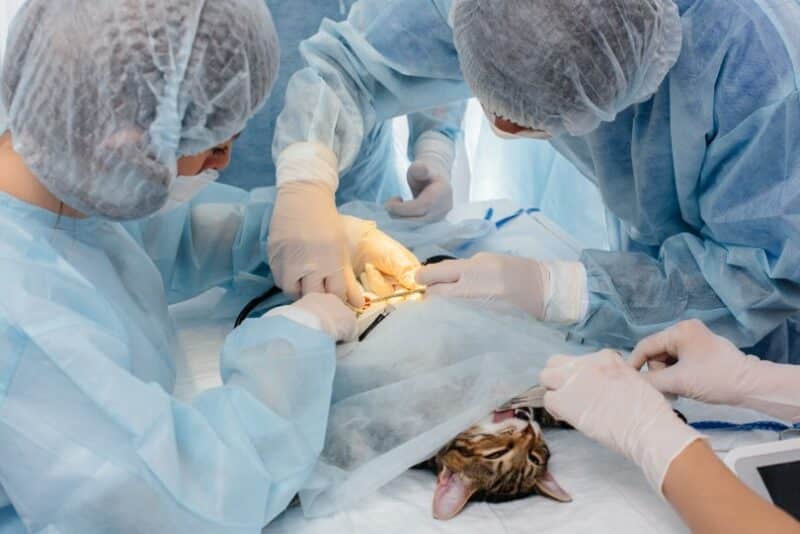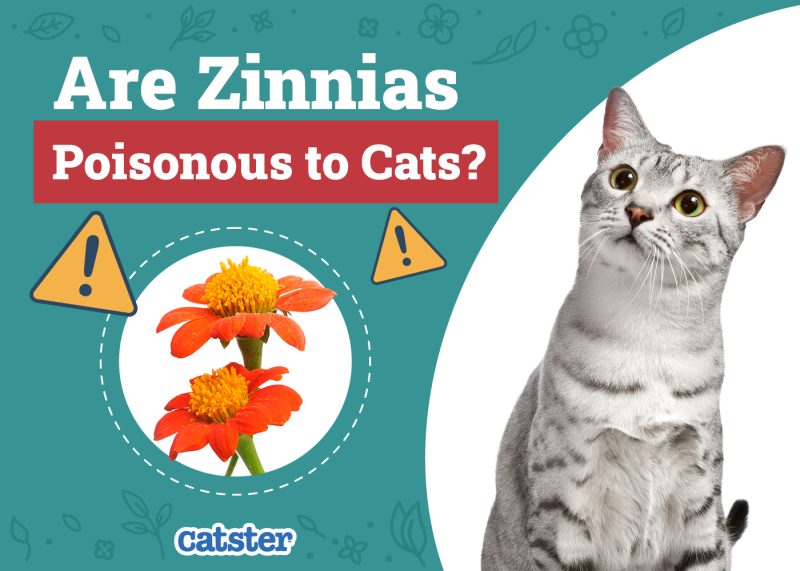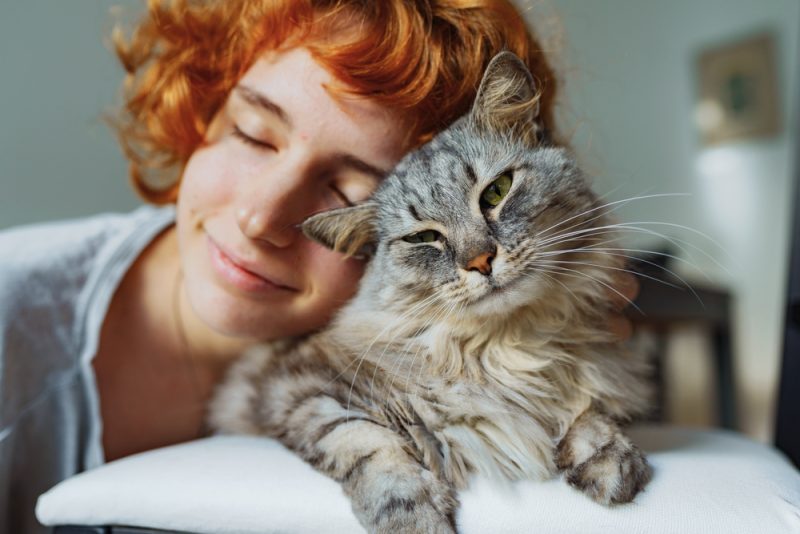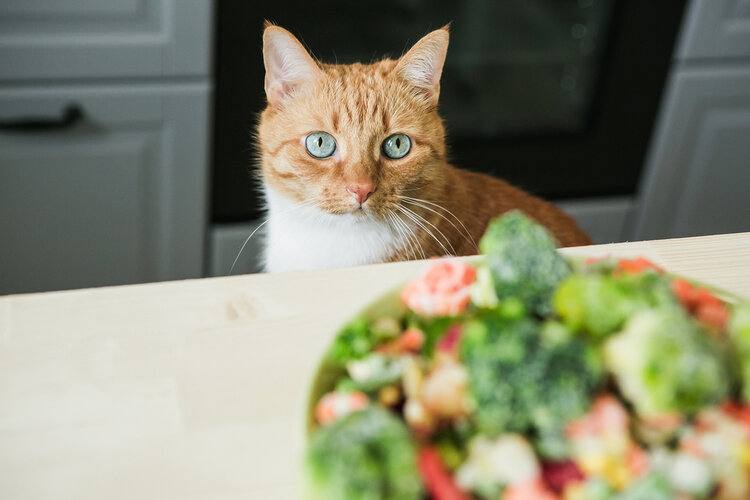Cats are beautiful creatures, but the fact that they have bodies full of fur cannot be ignored. Some have short hair that rarely needs to be brushed, while others must be brushed daily. No matter the cat’s fur type, we can all agree that petting them is always comforting! However, one thing that can hinder your cat’s well-being, health, and relationship with you is a flea infestation.
Fortunately, there are many ways to combat fleas. But does vacuuming work? Scientists have done a few studies, and yes, vacuuming can help kill fleas! Here’s what you should know.

What the Science Says About Vacuuming and Fleas
Researchers at Ohio State University conducted experiments to find out just how effective vacuuming is when it comes to killing and getting rid of fleas. As it turns out, Ctenocephalides felis, the most common type of flea that affects dogs, cats, and humans, doesn’t stand up well to the vacuum. In fact, the scientists who conducted the study have determined that vacuuming can kill these fleas at all life stages.
Vacuuming seems to have a 96% success rate when it comes to killing adult fleas and a 100% success rate when it comes to killing younger fleas. These scientists believe that the air currents, brushes, and fans within a vacuum work together to destroy fleas and eggs. The lead scientist made clear that they did no post-mortem studies on the fleas that they experimented on, but they indicated that the physical abuse that the fleas underwent in the vacuum is what caused their deaths.
This household cleaning machine is an effective tool in terms of flea control. It’s also important to note that these scientists suspected that the type of vacuum should not matter; any vacuum design should be effective when used as flea exterminators.
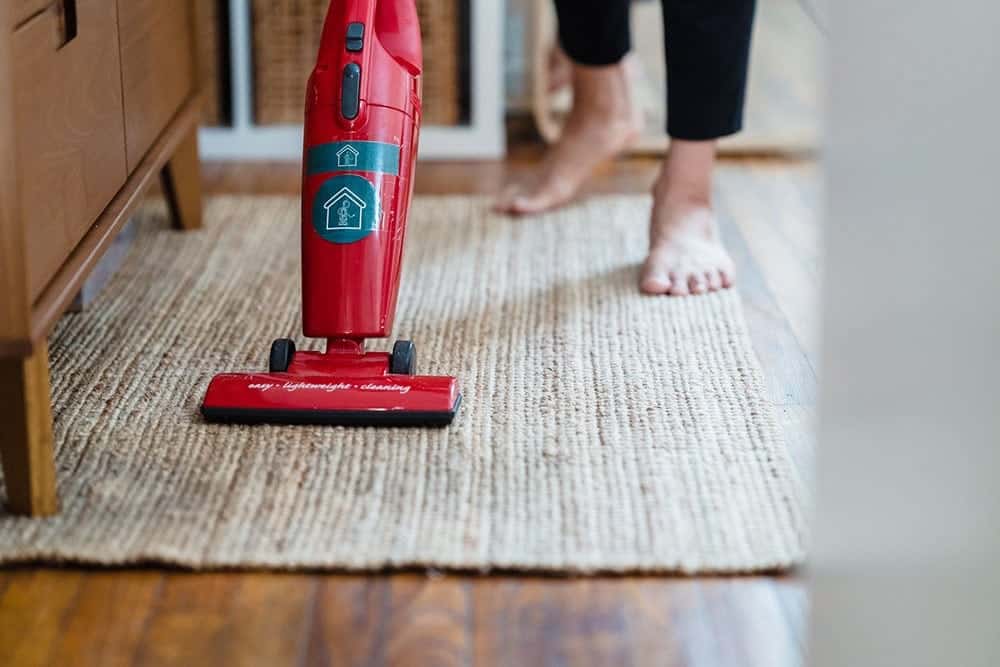
Killing Fleas on Cats With Vacuums
It may have crossed your mind that vacuuming your cat is an acceptable method of eliminating fleas on them, but nothing could be further from the truth. You don’t have to literally vacuum your cat to help control fleas. Vacuuming your home and keeping your furry companion’s bedding clean will go a long way in warding off flea infestations. Some cats take to the sound and sensation of vacuuming well, while others want nothing to do with it.
If you’re unsure about the right method or medication for treating your cat, you should consult your vet, especially if your pet has an underlying health condition.
If you need to speak with a vet but can't get to one, head over to PangoVet. It's an online service where you can talk to a vet online and get the advice you need for your pet — all at an affordable price!


Understanding a Flea’s Life Cycle
Most types of fleas, including the ones that most commonly affect humans and cats, have four distinctive life cycles: egg, larvae, pupae, and adult. A flea’s life cycle can progress quickly and may be finished in as little as a couple of weeks when environmental conditions are optimal. In tough environmental conditions, the life cycle can last years. This is how it generally works:
- The Egg Stage — Adult fleas feed on the blood of a cat and then proceed to lay eggs on their body, their bedding, and anywhere else that they may go within the house. Just walking around on the carpet can result in eggs being laid/or dropped. Once laid, the eggs will sit in place until it is time to hatch. Depending on environmental conditions, these eggs can hatch within 1–10 days.
- The Larvae Stage — Once an egg hatches, the insect is in the stage of life called the larvae stage. Flea larvae can move about and feed on blood and “flea dirt,” which is essentially flea feces. The larvae spend between 5–20 days feeding on flea dirt and blood before spinning themselves into a comfortable and safeguarding cocoon and transitioning into the pupae stage of life.
- The Pupae Stage — Pupae lay in wait for the perfect opportunity to hatch as adult fleas. The cocoons that pupae rest in are designed to withstand all kinds of threats, including insecticides and repellents, so many treatments like flea bombs are not effective on them. Pupae will lie in wait for days or weeks, with the help of their cocoons, for as long as it takes to become adults. They are patient for optimal environmental conditions.
- The Adult Stage — When the weather is right and food hosts are readily available, the pupae’s cocoons will hatch, and they will emerge as adult fleas. Interestingly, fleas can detect movement and body heat to identify when there is a good source nearby, so they know when it’s time to get out of the cocoon. Females will latch onto a host and start feeding within just a few hours. Soon after, they will mate and then begin laying eggs.
Effective Flea Treatment Options for Cats
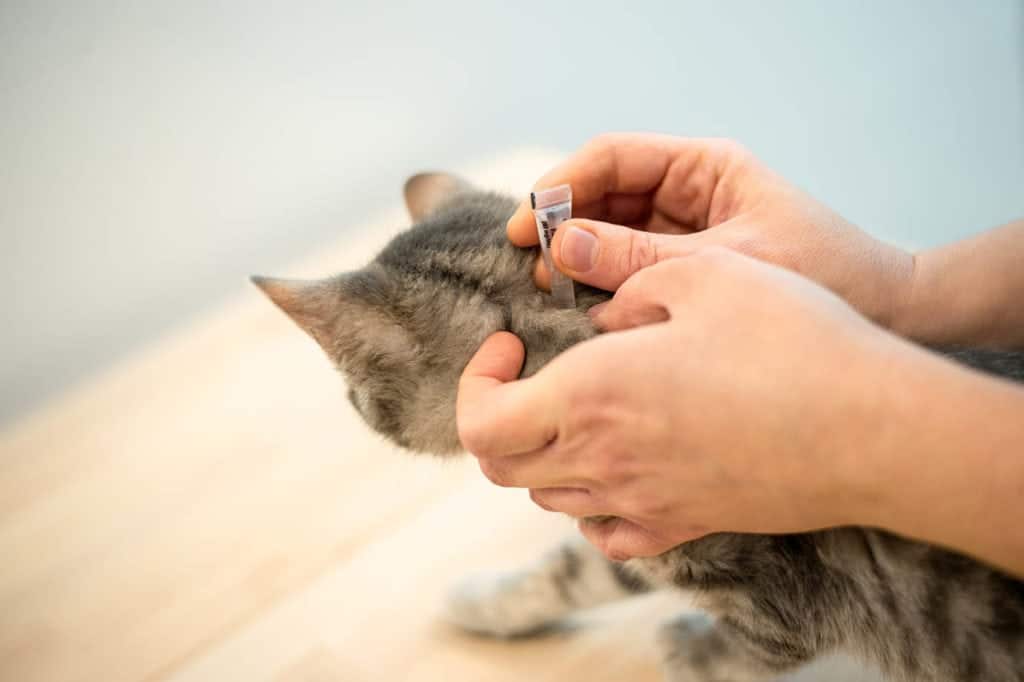
While vacuuming is a promising tool for house flea control, you may be wondering what else you could include into your regimen to ensure that you never have to deal with a serious flea infestation. There are a few other things that you should do to help keep fleas under control in your household. Here are effective options to consider:
- Administer a monthly vet-approved flea-and-tick treatment. It’s effective, easy to use, and not as risky as flea collars when it comes to insecticide exposure in felines.
- Remember to treat all pets in the household with a vet-recommended product. The fact that one of your pets is not itching doesn’t mean they don’t have fleas. Those allergic to the proteins in flea saliva will react exaggeratedly to a single flea bite, but treating only them won’t solve the problem.
- Treat bedding, furniture, and carpet with a pet-safe flea-and-tick product. Get one that will kill adult fleas, larvae, eggs, and even ticks and mosquitos. It also shouldn’t stain and can be used outdoors to treat lawns, kennels, and patios. Additionally, wash the bedding and all other textiles where your cat rests, such as the coach and cushions coverings.

The Bottom Line
Vacuuming can help eradicate fleas during all life cycles, so it’s a good idea to make vacuuming a daily priority as a cat owner, especially if you’re dealing with a flea infestation. There are a few other things that you need to do to help keep fleas under control, but the vacuum seems to be one of the champions because it can kill all four life cycles of the flea.
It’s always essential to first talk to your veterinarian to create an effective flea-control plan for your household.
See Also:
- Why Are Cats Scared of Vacuums? 5 Common Reasons
- 8 Best Vacuums for Cat Litter (2023) — Reviews & Top Picks
Featured Image Credit: Mr_Mrs_Marcha, Shutterstock
